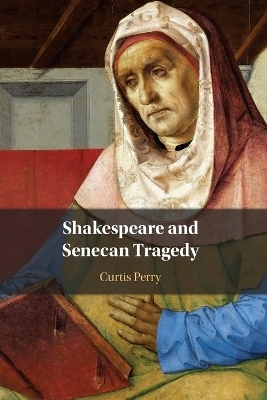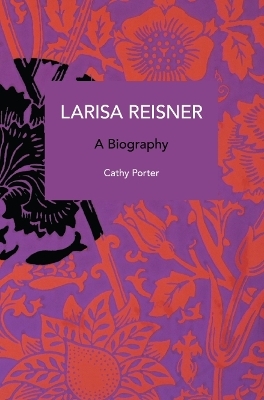
Shakespeare and Senecan Tragedy
Seiten
2022
Cambridge University Press (Verlag)
978-1-108-79161-8 (ISBN)
Cambridge University Press (Verlag)
978-1-108-79161-8 (ISBN)
A new approach to understanding the relationship between Shakespearean tragedy and Senecan tragedy, this book has implications for our understanding Shakespeare's major tragedies, for our understanding of tragedy as a genre, and for our understanding of early modern classical reception.
Shakespeare's tragic characters have often been seen as forerunners of modern personhood. It has been assumed that Shakespeare was able to invent such lifelike figures in part because of his freedom from the restrictions of classical form. Curtis Perry instead argues that characters such as Hamlet and King Lear have seemed modern to us in part because they are so robustly connected to the tradition of Senecan tragedy. Resituating Shakespearean tragedy in this way - as backward looking as well as forward looking - makes it possible to recover a crucial political dimension. Shakespeare saw Seneca as a representative voice from post-republican Rome: in plays such as Coriolanus and Othello he uses Senecan modes of characterization to explore questions of identity in relation to failures of republican community. This study has important implications for the way we understand character, community, and alterity in early modern drama.
Shakespeare's tragic characters have often been seen as forerunners of modern personhood. It has been assumed that Shakespeare was able to invent such lifelike figures in part because of his freedom from the restrictions of classical form. Curtis Perry instead argues that characters such as Hamlet and King Lear have seemed modern to us in part because they are so robustly connected to the tradition of Senecan tragedy. Resituating Shakespearean tragedy in this way - as backward looking as well as forward looking - makes it possible to recover a crucial political dimension. Shakespeare saw Seneca as a representative voice from post-republican Rome: in plays such as Coriolanus and Othello he uses Senecan modes of characterization to explore questions of identity in relation to failures of republican community. This study has important implications for the way we understand character, community, and alterity in early modern drama.
Curtis Perry is Professor of English with an appointment in the Classics Department at The University of Illinois at Urbana-Champaign. He is the author of various publications, including The Making of Jacobean Culture (Cambridge, 1997) and Literature and Favoritism in Early Modern England (Cambridge, 2006).
1. Shakespeare and the resources of Senecan tragedy; 2. Richard III as Senecan history; 3. Seneca and the modernity of Hamlet; 4. Seneca and the antisocial in King Lear; 5. Republican Coriolanus and Imperial Seneca; 6. Seneca, Titus, and Imperial globalization; 7. Senecan Othello and the Republic of Venice.
| Erscheinungsdatum | 24.10.2022 |
|---|---|
| Zusatzinfo | Worked examples or Exercises |
| Verlagsort | Cambridge |
| Sprache | englisch |
| Maße | 152 x 229 mm |
| Gewicht | 448 g |
| Themenwelt | Geisteswissenschaften ► Sprach- / Literaturwissenschaft ► Anglistik / Amerikanistik |
| Geisteswissenschaften ► Sprach- / Literaturwissenschaft ► Literaturgeschichte | |
| Geisteswissenschaften ► Sprach- / Literaturwissenschaft ► Literaturwissenschaft | |
| ISBN-10 | 1-108-79161-1 / 1108791611 |
| ISBN-13 | 978-1-108-79161-8 / 9781108791618 |
| Zustand | Neuware |
| Informationen gemäß Produktsicherheitsverordnung (GPSR) | |
| Haben Sie eine Frage zum Produkt? |
Mehr entdecken
aus dem Bereich
aus dem Bereich
Buch | Softcover (2024)
belleville (Verlag)
20,00 €


